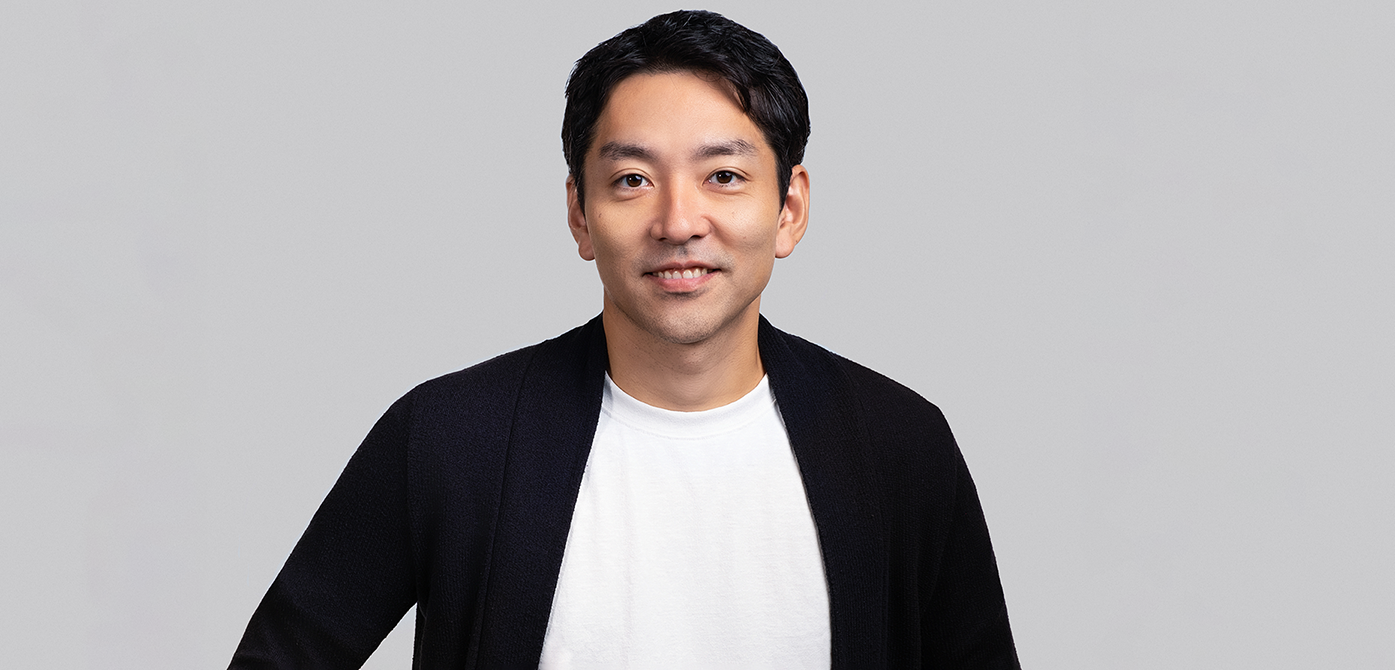
Overview
Hiroshi started his career working in multi-class asset investments at Goldman Sachs before founding a startup. He joined SoftBank Group as a real asset investor in 2019 and moved to SoftBank Investment Advisers in 2021. At SBIA, Hiroshi is focused on Japan investments, with an emphasis on deep tech startups.
Region
Q&A
02 —
What brought you to SoftBank?
By the time I joined SoftBank I had already eight years of experience with operations and four years of experience with corporate investing. I was looking for a way to combine those skills. Most VC funds in Japan are domestic, but SoftBank is global in its reach. Plus, the team had the dynamism I was looking for. When I joined in 2019, SoftBank was still figuring out its form. Like a startup, we were changing every single day. The culture was basically: come up with innovative ideas, and if something doesn’t work, pivot. This was inspiring to me.
02 —
You’ve founded your own company and been an investor at a major bank. What did those experiences teach you about venture capital?
I started my career at Goldman Sachs before co-founding my company. At Goldman Sachs, I learned that investors are purely logical: you look at the numbers and make decisions based on what you think will give your investors the best return. But as a CEO or an operator, you’re not only serving the shareholders, you’re serving customers and employees. That means you’re constantly occupied with tasks. You wake up in the morning with dozens of problems to solve and a thousand emails to respond to. Those different experiences help me empathize with both perspectives.
02 —
You also have the unique experience of operating retail stores. Was there anything you learned there that you carried over to venture capital?
Investing in technology is the key to growth in any industry and any business, even a retail chain in Asia that offers cooking lessons. I led the Asia expansion of that business into the world’s largest recreational cooking company. This was during China’s smartphone boom, and customer behavior in the region was completely transforming. People started coming in and taking pictures and sharing them with friends via WeChat. Then their friends would come in. I’d put so much energy into this business, but retail can only grow linearly, one store at a time. On the other side, emerging companies like WeChat, TikTok, Didi, Grab or Coupang were skyrocketing and raising billions, becoming unicorns and decacorns. I knew I wanted to be on the other side, investing in the startups that were sparking fundamental changes in how businesses of all kinds operate.
02 —
What most excites you about working with founders?
Nothing brings me joy like listening to founders talking about their visions. The founders we work with are supercharged, energetic people who are laser-focused in their pursuit of success. Many of the founders we’re working with in Japan are innovating in the hard tech realm, which means they’re focusing on highly technical fields. Being able to be enthusiastic about your mission, while working to connect science and tech to real-world business concerns, is a rare skill set. Our founders have it and it’s energizing to witness.
02 —
How do you define success, whether for yourself or your portfolio companies?
In the VC sphere, your only measure of success is delivering a return. But that can take a long time, and success isn’t linear. You have to be patient and maintain a certain optimism in good times and bad. I think of these bad times like a storm — you can only enjoy the sunshine if you weather the rain with your founders. That means exercising patience, listening to founders, and pushing them to stay on track, in good times and bad.
In the VC sphere, your only measure of success is delivering a return. But that can take a long time, and success isn’t linear. You have to be patient and maintain a certain optimism in good times and bad.